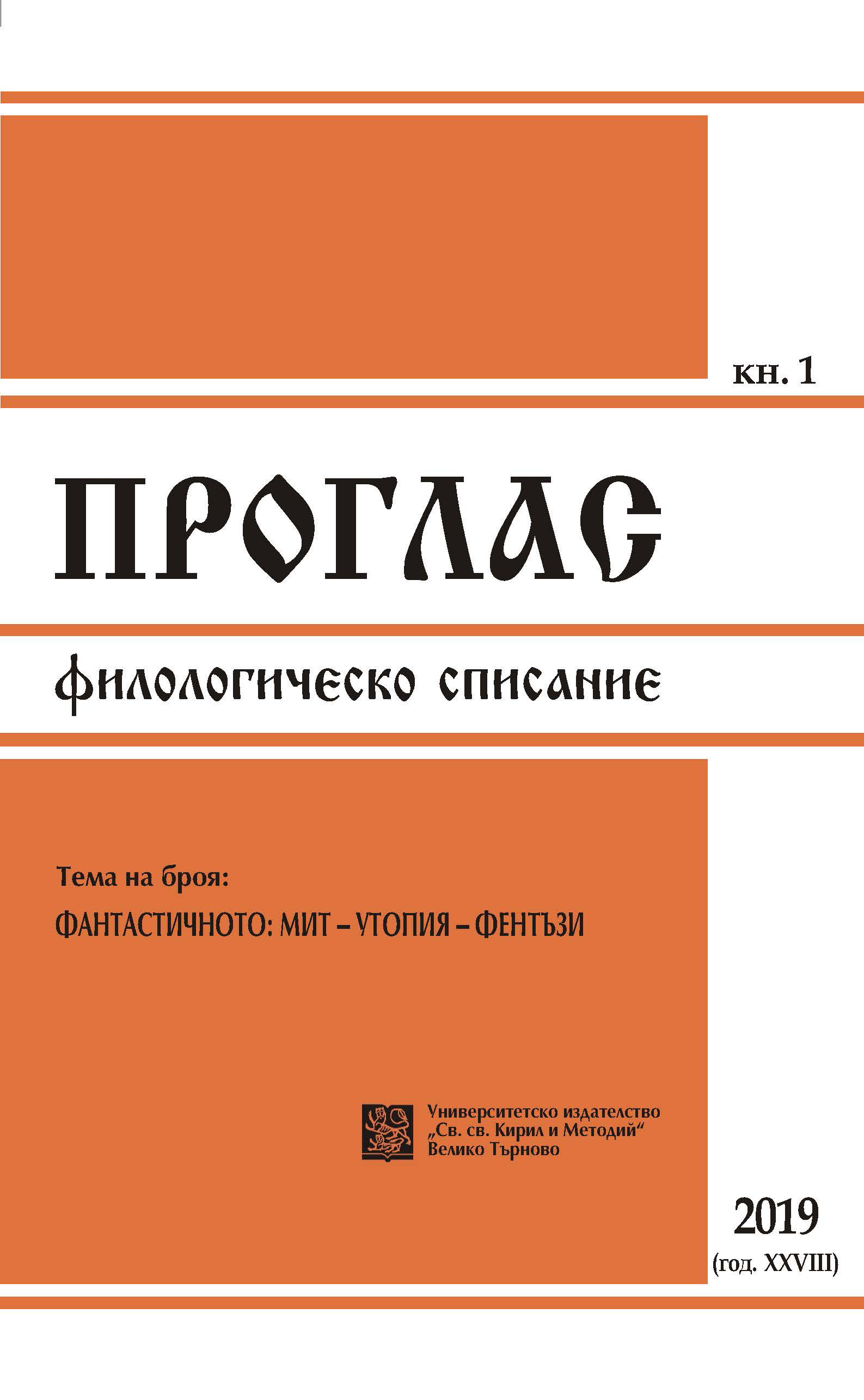
We kindly inform you that, as long as the subject affiliation of our 300.000+ articles is in progress, you might get unsufficient or no results on your third level or second level search. In this case, please broaden your search criteria.

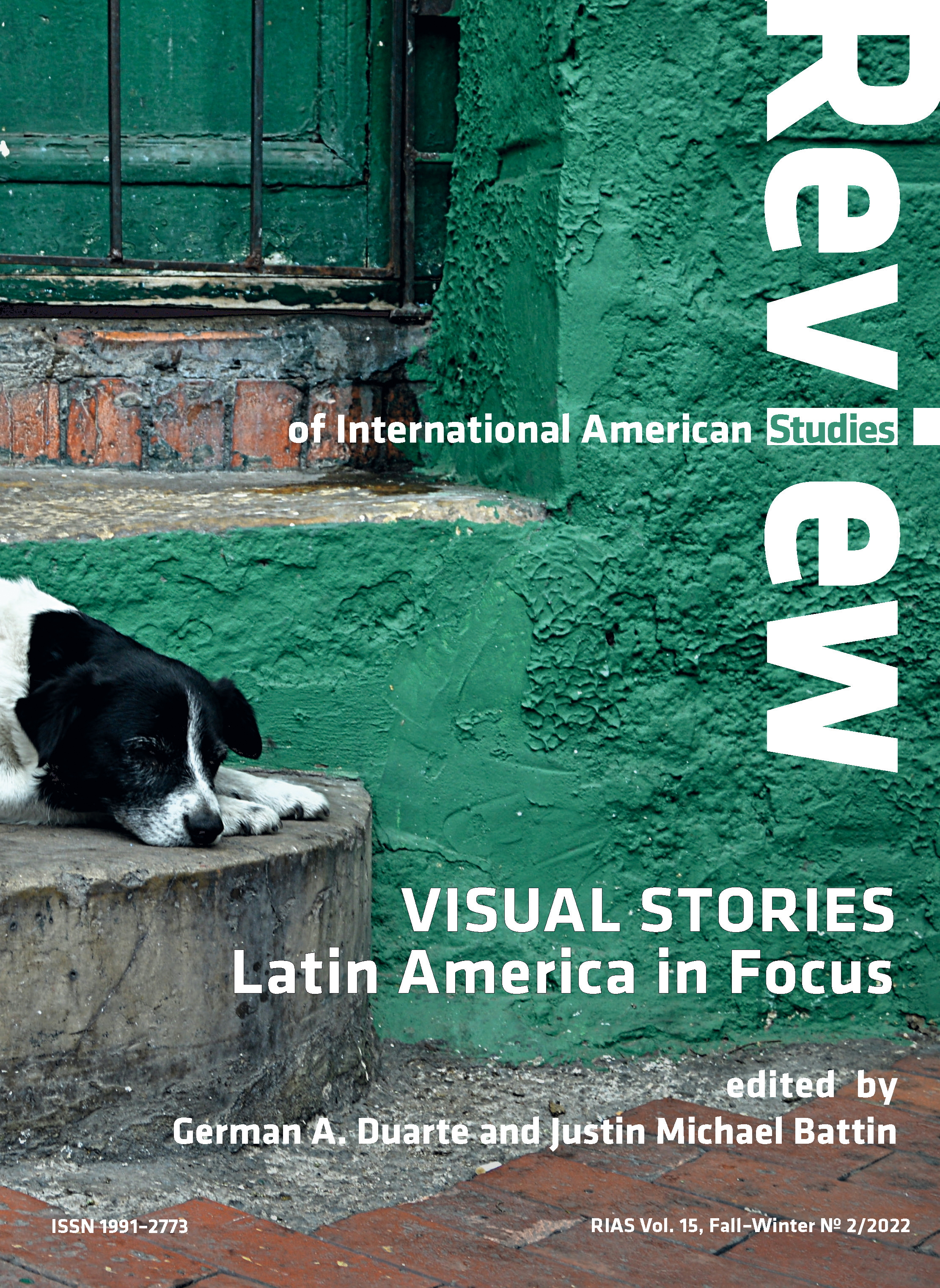
This article analyzes, through a comparative approach, a frontier narrative, John Filson’s “The Adventures of Col. Daniel Boon” (1784), in relation to selected medieval chivalric romances from an ecocritical perspective, exploring the way in which medieval patterns have been employed in the American mythopoeic process, especially in relation to the frontier and the wilderness myths. In fact, medievalist narratives have been often employed to justify an anthropocentric, expansionist, and imperialistic agenda with grievous consequences on the way in which Americans engage with nature and with nonhuman species. At the same time, this tendency is often accompanied by an androcentric and ethnocentric rhetoric, contributing to the marginalization from dominant national discourses of significant sections of the population due to their race and gender. For this reason, attention will be also given to how attitudes toward the nonhuman can reflect and bear an impact on those toward other humans. By investigating how narratives develop, evolve, and circulate across time and space, it becomes possible to reveal the harmful logic they carry, and stress the importance of shifting the narrative in the direction of more sustainable intra- and inter-species relations.
More...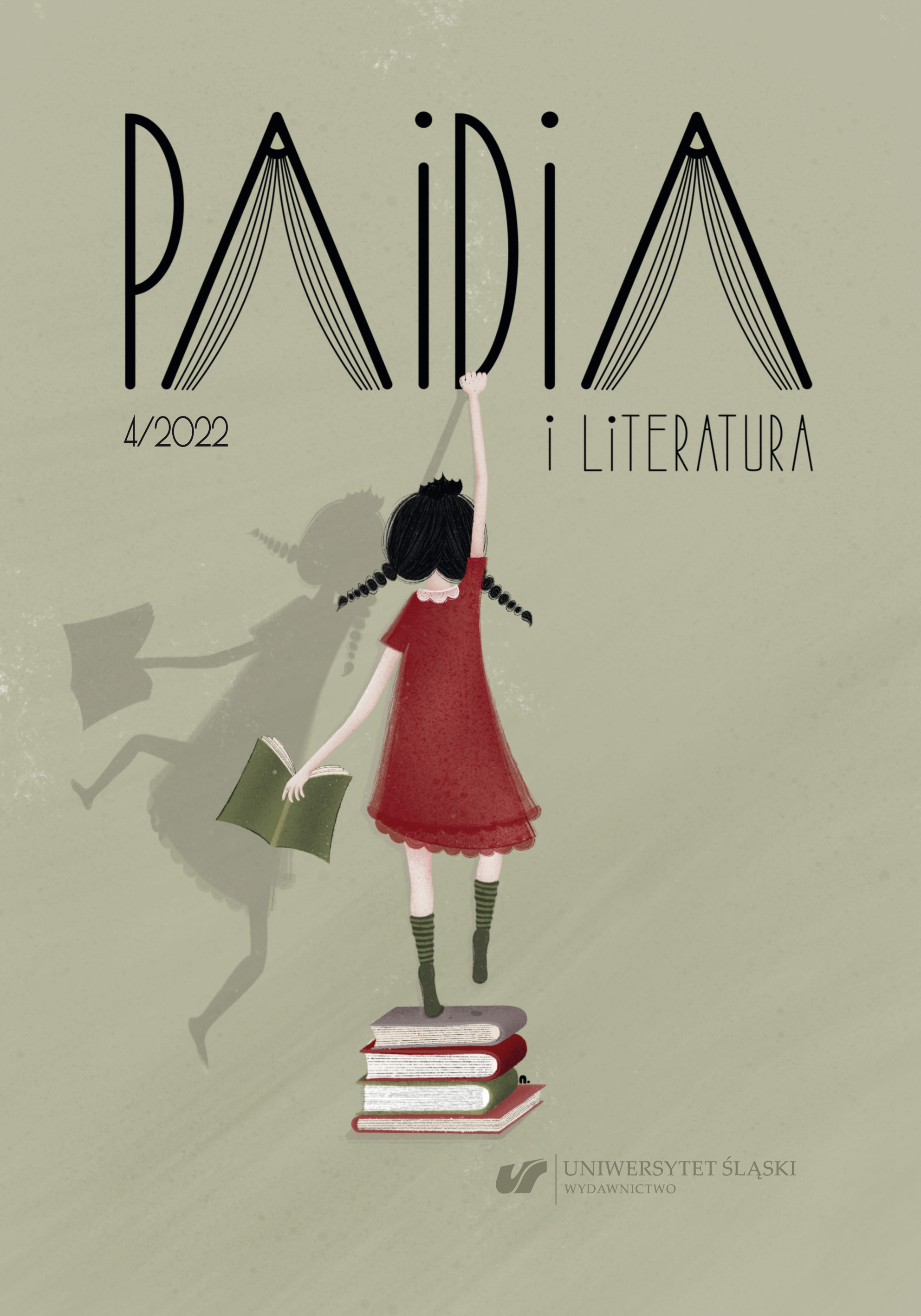
Małgorzata Figura’s article is an attempt to capture the social roles of children when faced with the threat of the impending climate catastrophe. The introduction aims to draw attention to the need to give the floor to young people who can alert the public to changes taking place in the world. This necessity is stressed by researchers who represent children’s studies and who emphasize the importance of children’s perspective in literature and in scientific and social discourses. Figura’s analysis of selected literary texts allows us to see this turn towards the child, which at the same time is also the child’s turn towards nature.
More...
The paper focuses on working with philosophical literary stories, which by their nature, in addition to the development of children’s thinking can be useful in developing awareness of nature protection and sustainable living. Attitudes in solving environmental problems are related to education in the past, present and future. The inspiration for writing this paper is the educational program Philosophy for Children. The application part of this program includes several activities — reading philosophical stories, questions creating, philosophical discussion and other complementary activities. We consider Philosophy for Children as a form of applied philosophy, focused on the area of practical human interests.
More...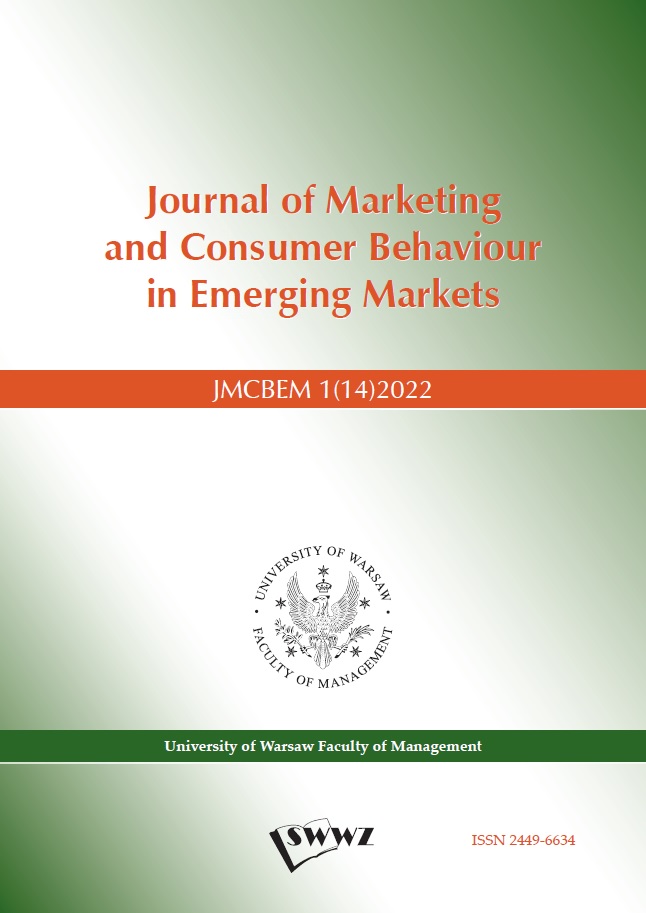
Consumer opinion and behavior research plays an important role in the development of the marketof specifi c products. Currently, research in the fi eld of consumer behavior towards organic food,which is gaining popularity on the Polish market whose production is in line with the concept ofsustainable development and the European Green Deal related to it, is of particular importance.The aim of the study was to analyze the opinion and behaviors of consumers as regards organicfruit and vegetables and the promotion of these products as a determinant of them.The data for the analyzes came from empirical research conducted in Lublin at the turnof 2019 and 2020 by means of a proprietary questionnaire. The research was carried out ona sample of 534 respondents aged over 18. The scope of the research covered the opinions andbehaviors of consumers towards organic fruit and vegetables as well as the factors determiningthe commencement of making or increasing the frequency of purchases of these products. Anattempt was also made to defi ne the relationship between the opinions and behaviors presented byconsumers and their demographic and socio-economic characteristics.The results of the research show that half of the respondents purchased organic fruit andvegetables, of which only 1/4 claimed to do so regularly and quite often (several times a week).The respondents most often purchased these products in specialized stores – with organic food.According to the surveyed consumers, organic fruit and vegetables are rich in nutrients, healthyand safe, and produced using environmentally friendly methods. The most important factorsinfl uencing the increase in purchases and consumption and thus the development of the marketfor organic products were the increase in the availability of this product category in the places ofeveryday shopping and the reduction of their prices as the most important factors. The conductedresearch showed that for the respondents, promotional campaigns aimed at popularizing organicfood, its values and impact on human health are not without signifi cance.
More...
Circular economy is one of the best alternatives to the existing linear economy. Nowadays, environmental problems are widely discussed not only by scientists but also by politicians and business representatives. However, a number of barriers hinder the transition to a circular economy. Therefore, this paper aimed to determine the factors influencing the pro-environmental behavior of population, which directly affects the implementation of circularity principles. A quantitative approach based on the paradigm of positivism/realism was applied in this study. In the empirical part, the survey included an online questionnaire filled out in 16 regions of the Republic of Kazakhstan, which made for a total of 3448 respondents. The collected data were processed using the SPSS 25 software, and the hypotheses were tested using the Smart PLS 3 program. The results show that circular mindset, circular awareness, and external incentives significantly affect the pro-circular behavior of individuals and encourage shared consumption. This article contributes to the development of the theoretical basis of circular economy concepts and puts forward practical recommendations.
More...
Particulate matter (PM 2.5), ozone, lead and radon are among the main sources of air pollution. The differences in mortality rates across the European Union due to their impact are very high, ranging from 4 to 16 times. Mortality from PM 2.5 particles is excreted 12.3 – fold compared to ozone, 4.6 – fold for lead and 10.6 – fold for radon. The state of economic development of countries and health expenditures have a significant impact on the rate of human mortality caused by air pollution. Their impact is uneven. Most of these depend on mortality from PM 2.5 particles, to a large extent from lead and ozone, and to a smaller extent to radon. All the countries of the European Union concerned pay considerable attention to health protection, since the level of the costs involved is closely linked to the per capita Gross Domestic Product (GDP). On the other hand, the real situation is illustrated by the trend in population mortality from the sources of air pollution in question. Absolute positive changes in population mortality from particulate matter (PM 2.5) have been observed over the period 2009‒2018 (the situation has improved in all countries); significant positive changes in mortality due to lead air pollution (the situation has improved in 13 countries); moderate and negative changes due to ozone contamination (the situation improved in 11 countries) and very strong negative changes in mortality due to air pollution by ozone (the situation improved in only 8 countries).
More...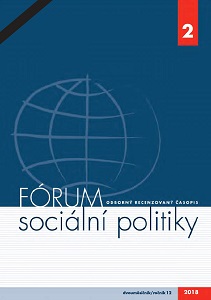
Air pollution often represents a key factor of emigration from highly damaged regions. As the propensity to migrate increases with the achieved level of education and income, the regions with a huge ecological issues may experience „brain drain„ affecting their future perspective. Therefore, this paper focuses on differences in perception of environment in Ostrava city among „brains„ with different migration plans. Data on 2,203 employed people with university degree, who lives in Ostrava city, were used for this purpose. The results show that individuals planning to move out of Ostrava are significantly less satisfied with the quality of the environment.
More...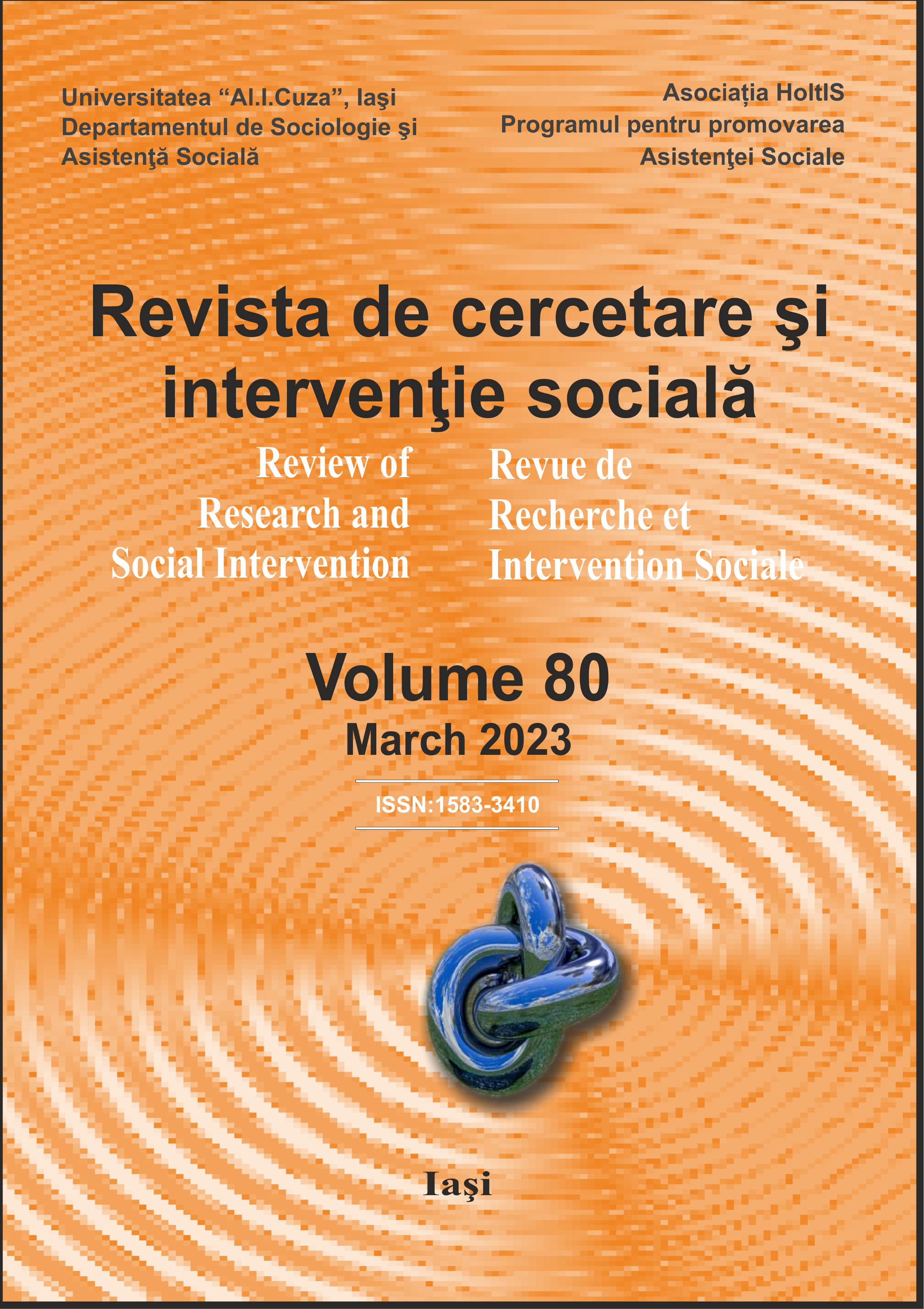
The coronavirus outbreak has significantly affected the health and well-being of several people around the world. In a similar vein, Bangladeshi medical professionals have also been affected by several severe physical and mental health complications resulting from their frequent contact with COVID-19 patients. This exposes them to a greater risk of infection with the lethal virus, which can substantially impact their job performance. Therefore, this research aims to investigate the manner in which the COVID-19 pandemic affects the occupational health and safety of medical employees. The researchers deployed a descriptive qualitative technique to investigate the complexities of the COVID-19 crisis amongst medical practitioners. Employing purposeful sampling and in-depth interview techniques, the researchers collected data from a total of 32 healthcare professionals and investigated their state of occupational health, their exposure to stress and trauma, and the effects of stress and trauma on their livelihood, health and well-being. The data revealed the occupational health of healthcare workers as being fragile, resulting to stress and trauma, and eventually, a depressed state of mind. To address this issue, relevant government and non-governmental organizations should concentrate on reducing COVID-19-related risks and repercussions in hospital settings. In addition, policymakers, social workers, public health practitioners and psychologists must work together to ensure that healthcare workers are healthy and safe at work.
More...
The global climate crisis poses an existential threat to the natural ecosystem and the entire humanity, while new effects (Covid-19, war in Ukraine, etc.) and factors increase the risk to national security and public stability in the EU countries and beyond. The most important global challenge of our time has prompted the formation of climate change management policies around the world; international agreements have been concluded for this purpose. In 2015 the Paris Agreement was signed and the United Nations General Assembly approved the United Nations Agenda for Sustainable Development until 2030. The goal 13 "Take urgent action to combat climate change and its effects" and tasks for the implementation of this goal were established and approved by the EU legal acts. The European Green Deal was initiated to define the EU's vision of creating a climate-neutral economy by 2050. Those interested in climate change and the green course often raise the question of whether everything possible has been done to prevent (stop) or eliminate climate "erosion" processes. To climate change sceptics, these documents or efforts may seem excessive (and expensive), but it is important to determine whether the full-fledged, comprehensive or targeted communication is available in the EU, whether the dissemination of public information about the processes of the green deal is sufficient and what the management of this information entails. This is because information management is one of the most important components of the successful implementation of the Green Deal. The supreme audit institutions of the EU countries conducted assessment of EU countries in preparation for the implementation of the Sustainable Development Goals (SDGs). The assessment of the public's knowledge and understanding of the EU green deal was performed using a uniform, approved and generally accepted control model. The article aims to analyse the role of information management in implementation of the Green Deal in the EU and the US by distinguishing the 2020-2022 period of global COVID-19 pandemic based on a Lithuanian case study.
More...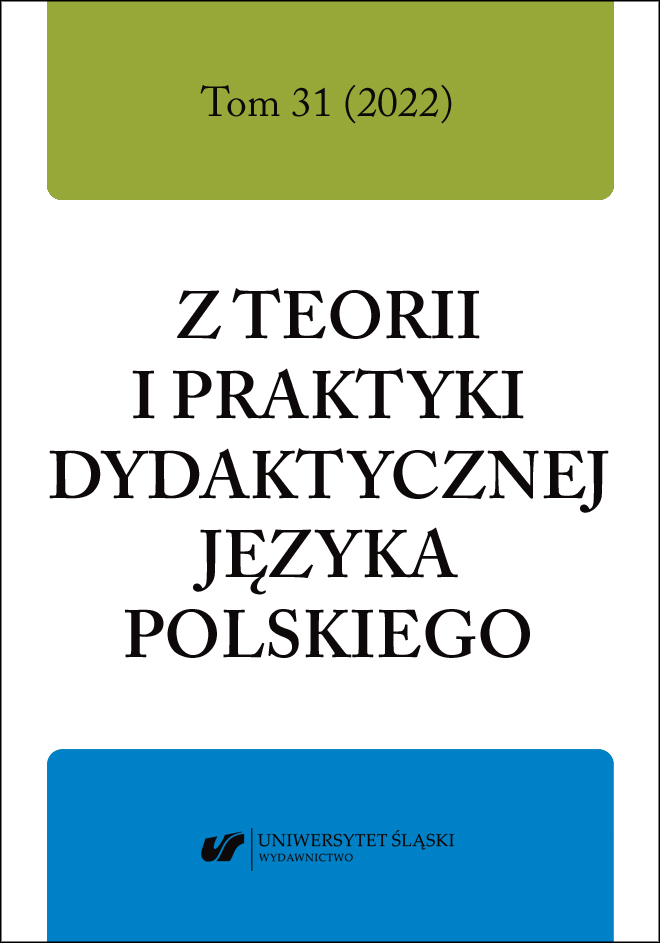
Zuzana Obertová presents the term climate fiction and points out its relationship to science fiction. She draws attention to the problem of reducing the idea of climate fiction to a type of genre literature. She gives examples of climate fiction by Polish and Slovak authors and presents ecocriticism as a research method for climate fiction as well as climate change literature in a broad sense. She sums up the state of ecocriticism in Poland and Slovakia.
More...
This article describes some attempts at answering the challenges of the present in connection with the commonly perceived climate changes, unfavourable for the Earth’s environment, and the need to shape attitudes of responsibility for the quality of the common good. The author presents the possibilities of introducing various pro-ecological content in the academic programme of prospective Polish language teachers. First, she briefly discusses the theoretical bases of ecocriticism, then indicate some possible interpretations of selected literary texts during high-school classes, and present social projects aimed at promoting a change hitherto people’s lifestyles.
More...
The paper discusses the possible reading of Bruno Schulz’s story called “Sierpień” [August] at school in the context of Leszek Onak’s e-text entitled “Cierniste diody” [Thorny diodes]. The author of the article suggests a need to introduce the latest literature to Polish language lessons. She shows the ways of taming the difficult text of Bruno Schulz and e-literature. The main idea of this interpretation is based on showing the difference visible when the two worlds presented in both narratives are juxtaposed (the garden, the character of Tłuja). In this way, it presents a relation between these two ways of telling about a man and his surroundings and also shows the relationship between man and nature.
More...
This article presents the potential for using the elements of ecocriticism and climate education in Polish language classes at primary schools. Using materials from the textbook and original ideas, the author presents practical didactic solutions, which make it possible to build environmental awareness among students. The literature and language lessons, together with the ecological project discussed in the article, focus on the reconstructing cross-curricular dialogue in school practice. The digital tools proposed by the author are in line with the eco-trend, which is more and more visible in education nowadays.
More...
The paper discusses film education issues in the context of educating on climate. The authors focus on tracing the presence of the concepts of environmental humanities and ecocriticism in educational materials by selecting two lesson projects related to films. In the first part of the paper, the authors give a broader perspective on the theoretical context; in the second and the third part, respectively, they comment on the lesson projects concerning Aga (the New Horizons of Film Education program) and The Biggest Little Farm (distributor’s proposition published on www.edukacjafilmowa.pl).
More...
The paper presents the necessity of implementing ecolinguistic topics into L1 teaching. It takes Instagram posts of Czech, Polish and Slovak influencers as an example and shows that manipulation techniques overreach the boundaries of countries and languages. If we accept the thesis that manipulation is dominantly a non-ecological phenomenon, which threatens the life of wider ecosystems, the reaction of school is inevitable, especially because children and youth form a highly vulnerable group.
More...
The article is aimed at providing the theoretical background for the foreign language (ESL) environmental education, which is sought in the early manifestations of the environmental movement, as well as presenting the main assumptions of ecological criticism as a benchmark for the educational practice whose major objective is to instil environmental awareness in students at the time of the climate crisis. The second part of the paper includes an analysis of environmental contents in Polish schoolbooks used in the ESL classroom at intermediate and advanced levels. The authors’ decisions regarding the presentation of ecological topics and climate change issues are then investigated in terms of its compliance with ecocritical claims and its support of activist and emancipatory attitudes. The analysis seeks to indicate the best methods and ways of pursuing critical environmental pedagogy which would be able to rise to the challenges of the Anthropocene.
More...
Ewa Półtorak’s aim in this article is to reflect on how to incorporate elements of ecological education into the foreign-language teaching / learning process, as implemented in the third level of the Polish education system. Półtorak focuses on methods used to develop communicative language competences at school, especially on the example of teaching / learning French as a second / subsequent foreign language.
More...
In her article, Anita Račáková analyses how the Slovak State Educational Program for the 2nd level of primary schools incorporates topics related to climate, or, more precisely, to issues of the environment and its protection. Račáková enquires whether these topical issues have been addressed in the Program, in which educational areas and subjects they are handled, and in what form and to what extent. Her analysis shows that ecological and climatic topics have a dual status in programs for the 2nd level of primary schools. They are part of compulsory extracurricular education in the areas of Man and Nature, Man and Society, and the optional cross-sectional subject Ecological Education. These topics are also incorporated into the educational areas of Man and Values, Language and Communication, where they are used as a tool for developing the personality of students.
More...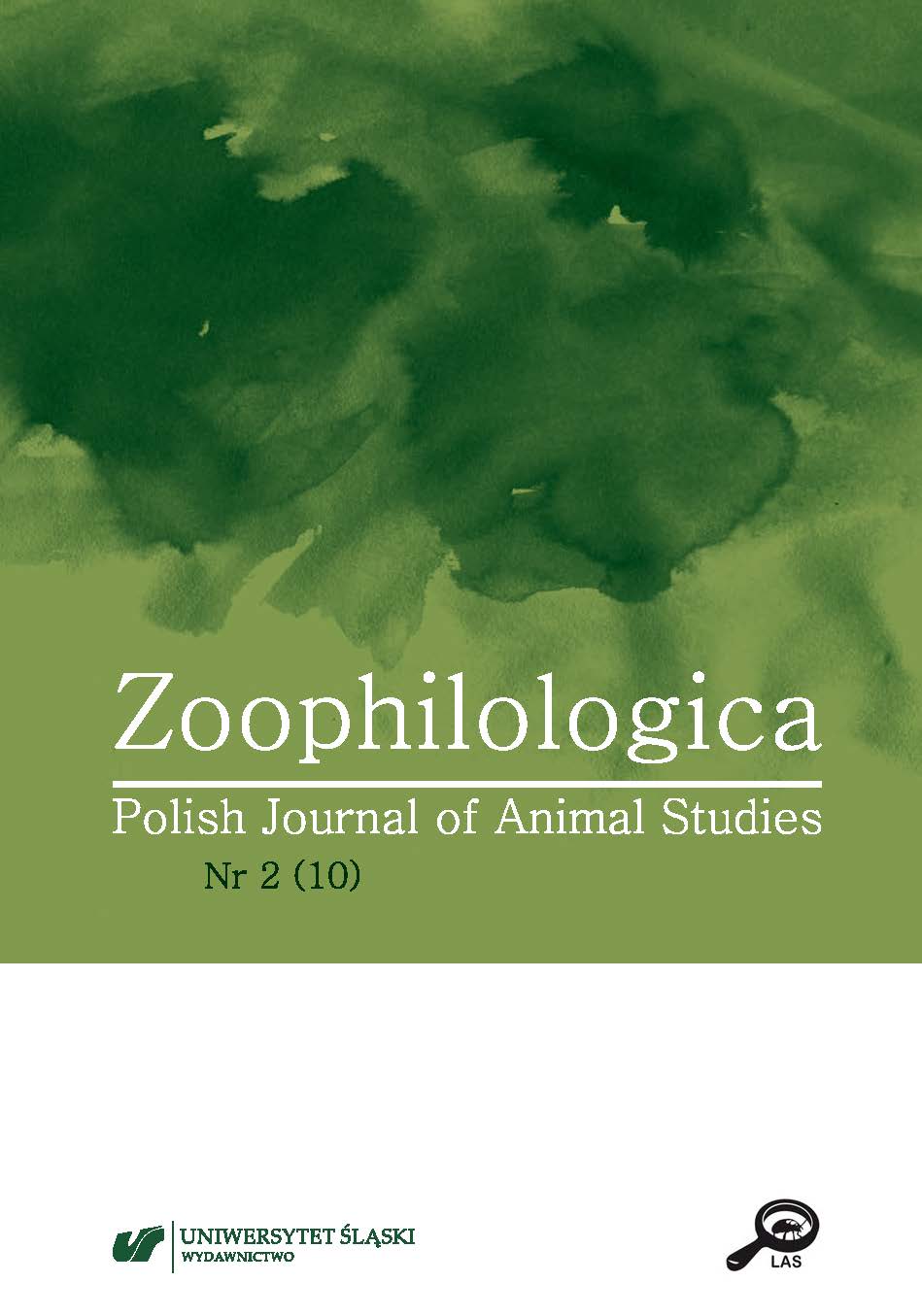
A widely publicized IPBES report from 2019 warns that close to one million species currently on Earth will soon be extinct. In addition to debates in the media and among professionals about the factual value of that number, a larger problem remains—we do not know how many species are on Earth. According to extensive studies and statistical modelling, there are at least six million species in existence that have not yet been described. The term “described species” means that the animal or plant has received a unique scientific name that confirms its identity and relation to other organisms. A question thus remains about how we value species that are not yet named, known, or discovered. The most common practice is to value only creatures that are directly related to human existence, yet there is growing concern that we should value animals for the sake of their existence, for their intrinsic value. In this respect, the anthropocentric concepts of “pest” and “invasive species” need to be re-considered.
More...